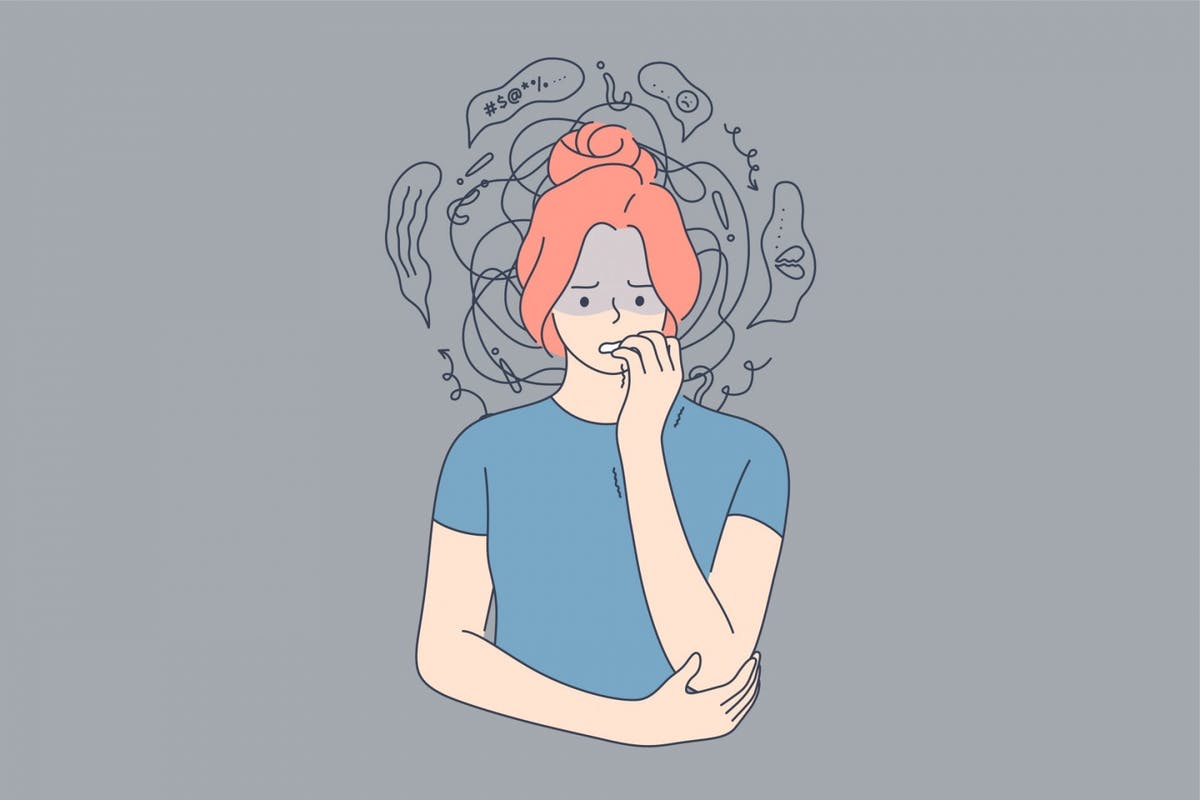
7.5 hours of your unconsciousness a day dictates the rest 16.5 hours of your consciousness. Sleep is detrimental for efficiency, control on emotions, adequate energy levels throughout the day, and decisiveness. Supported through scientific research, it is certain that during sleep, the body masterminds various biological processes that influence the aspects aforementioned. With such dominant consequences of sleep, it is evident that a fine night of sleep exerts a direct influence on how we live life and our wellbeing.

A good night’s sleep ranges around 6 - 8 hours of sleep. Any number below or above cannot be considered as quality sleep as it tags along with various health consequences. Every time this sleep window is not attained it increases the risk of heart diseases, stroke, diabetes mellitus, and other chronic diseases. Disease, cancer, stroke, and all causes combined were lowest for individuals sleeping 7 or 8 hr per night. Men sleeping 6 hours or less, or 9 hours or more, had 1.7 times the total age-adjusted death rate of men sleeping 7 or 8 hours per night. The comparable relative risk for women was 1.6. Lowering the chances of chronic diseases like these directly impacts one's quality of life. In almost every adult or someone older, it is always certain that their life has or is going to continue with the presence of chronic diseases. As a result, money earned and saved is spent on a grueling process of recovery, some even end with death. Chronic diseases not only ruin the victims' lives but also the lives of others. On the other hand, quality sleep is medicine to these diseases therefore quality sleep leads to a quality life.

Sleep appears to be essential to our ability to cope with emotional stress in everyday life. Not only does emotion impact sleep, but there is also evidence that sleep plays a key role in regulating emotion. Emotional events during waking hours affect sleep, and the quality and amount of sleep influence the way we react to these events impacting our general well-being. Although the effects of sleep deprivation have been described at various levels of functioning, such as on the cognitive, psychomotor, or sensorimotor level, the emotional effects might be most obvious in daily life functioning. Without enough healthy sleep, negative emotional reactivity seems to be significantly enhanced and positive reactions to positive events are often subdued. Deprivation or disruption of sleep is both a common symptom and a risk factor for a range of psychiatric disorders including anxiety and mood disorders. It has been found in studies with children and adolescents that sleep deprivation led to increased depression, confusion, and anger, as well as feelings of frustration and irritability/aggression. Unquestionably, anger, anxiety, and confusion-driven life is never one's standard for a quality of life.
Sleep directly impacts our quality of life and others as well. Since substandard sleep can bring a lot of complex repercussions with it, we need to sleep for ourselves and the sake of others. Our health issues, inability to be productive, and incapacity to manage our emotions, also affect the quality of life of other people we share the world with.











